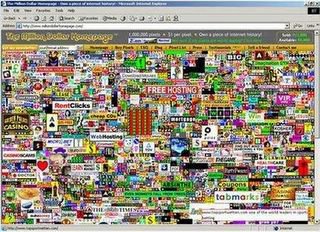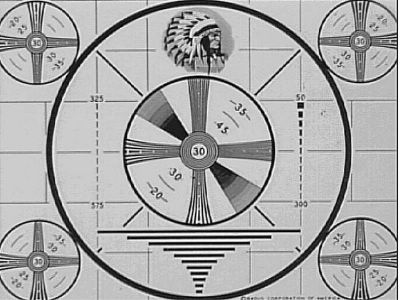Whining from a NY-based "think tank".How about a little personal responsibility for getting in debt?How about the free rent and tuition many parents have provided?How about teaching the poor little young adults to suck it up like many did before them?It's OK to struggle when you're young. It teaches you to appreciate what you earn and what the government lets you keep of what you earn.How about showing them the glass half full instead of this crap article?Young earners face intense financial challenge
By Kelly Barry, USA TODAY Tue Jan 24, 7:29 AM ET
The picture for young adults is bleak.
College loan debt is at an all-time high.
Rental rates are through the roof. Wages are stagnant.
Credit cards are getting maxed out left and right.
In short, this group is getting hit from all sides, and they're strapped - for cash, that is.
In Strapped: Why America's 20- and 30-Somethings Can't Get Ahead, Tamara Draut takes aim at the root causes of the money troubles that young adults face today.
Draut, director of the Economic Opportunity Program at Demos, a New York-based think tank, writes about those born between 1971 and 1987 and their jobs: bouncers (going from job to job); jugglers (working full time while in college); pajamas (working at home); and tempsters (working temp jobs).
Draut peppers her first book with tales of struggle, as well as bits of her personal challenges, and draws heavily from analytical research that suggests the crisis is not letting up.
"They will be the first generation who won't match the prosperity of their parents."
In addition to social and economic reasons, she says, "Government policies have conspired to alter dramatically the process of becoming an adult."
A college education, the initial marker of easing into "young adulthood," is an indicator of future success - both professionally and personally - but in ways you might not have considered.
A college degree "will determine the size of their paycheck, the safety of their neighborhood, the reliability of their car and ... the opportunities they will be able to provide for their own children." However, it is that education, increasingly required for even low-paying jobs, that is hard to finance and can take more than a decade to pay off.
While still in college, nearly half of working students already put in more than 25 hours a week to help make ends meet, Draut says.
Yet, with diplomas in hand, most college graduates start out with years of debt in front of them and confront:
• Intermittent periods of unemployment.
• Limited chances for corporate upward mobility.
• Stunted wage growth.
Thus, bouncers are born.
This group moves between jobs in pursuit of the elusive trifecta: decent pay, ample benefits and the chance to scale the corporate ladder.
One young worker described in the book "bounced" through five jobs in six years. She then did the once-unimaginable and moved back in with her mom to save money.
At 30, she has yet to make more than $35,000 a year in any job. As she states, "When times are down, that's when your car needs tires."
Adding to the stress: the difficulty in finding affordable housing. Further down the line, there is the added heavy financial burden of providing for a child.
Reading the many discouraging passages makes one yearn for answers, which don't come until the final pages. Just one thin chapter sums up how to push the pendulum toward economically prosperous days.
Here's the part where government solves all those woes. Cripes!
Among the suggestions:
• Banding together to back reforms for a better U.S. society - families come first, hard work is rewarded with decent wages, college is more affordable, and first-time home buyers get a break.
• Kicking credit card companies off college campuses, where many cash-strapped students develop bad financial habits due to the ease of obtaining cards.
• Having businesses and the government create a joint trust to fund universal child care and education.
The potential long-term effects of inaction are hard to overstate.
Everyone has a stake in the healthy finances of this generation: "The clock is ticking. In 2011, the 76 million baby boomers will start retiring," Draut writes.
Paying for the national debt, Medicare and Social Security will "result in a tax burden on today's young adults double that of our parents."
Oh yea, I nearly forgot. Stay the hell off of my lawn, too!





















